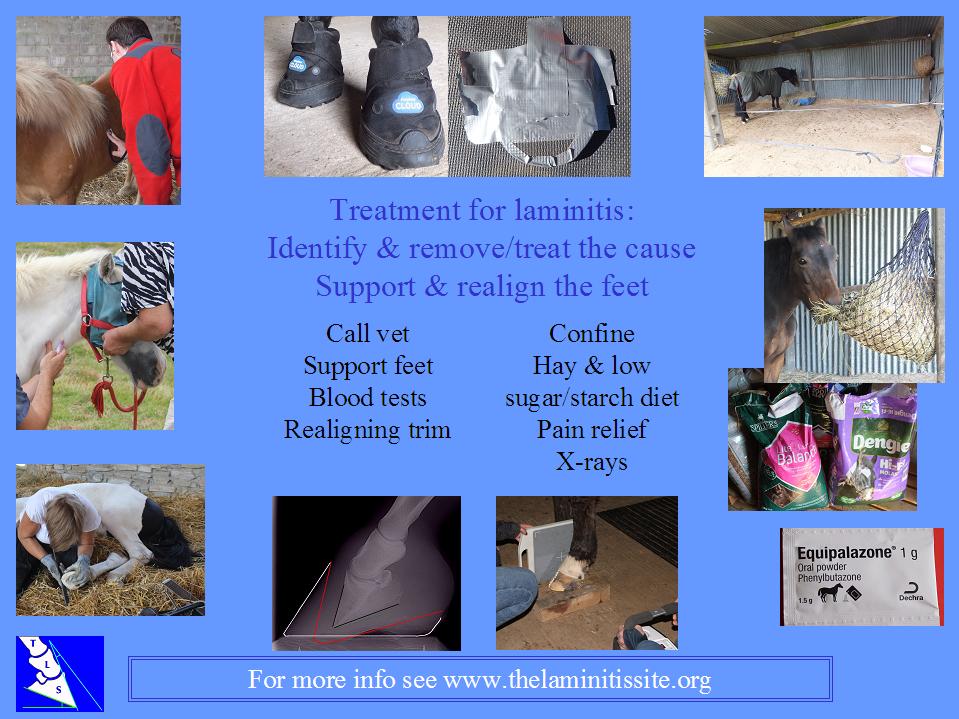What Causes Winter Laminitis

While the exact mechanisms by which the feet are damaged remain a mystery certain precipitating events can produce laminitis.
What causes winter laminitis. The causes vary and may include the following. Some horses have a history of winter laminitis that strikes the same time every year and is resistant to all efforts at treatment until one day in early spring it suddenly goes away. Veterinarians working with many laminitic horses are well acquainted with the problem but others may be unfamiliar with it. Winter laminitis can strike with no change in diet or management.
The digital pulses may or may not be elevated. Winter laminitis pain is a significant problem for some of these horses. In all species cold causes a reflex shunting of blood away from the extremities and toward the core to. Many questions need to be answered but significant headway has been made in understanding and controlling this issue.
The pain is often severe but the feet are not hot as they are in classical acute laminitis cases. Horses normally have a very high tolerance for cold. Laminitis has become one of the most heavily researched aspects of lameness because it affects so many horses. Every winter some owners and caretakers are faced with the onset of obvious foot pain in their horses for no apparent reason.
Winter laminitis strikes with n0 change in diet or management. The horse does not necessarily have a prior history of laminitis. Although laminitis occurs in the feet the underlying cause is often a disturbance elsewhere in the horse s body. Are some horses more susceptible than others.
Should you protect a laminitic horse when the weather is cold discover how you can help your horse and avoid laminitis due to the cold. Here in the uk our winters are long and wet. Here s how to spot the warning signs and act fast to manage them. The pain is often severe but the feet aren t hot as they are in classical acute laminitis cases.
It s a laminitis like syndrome triggered by cold weather.
















































